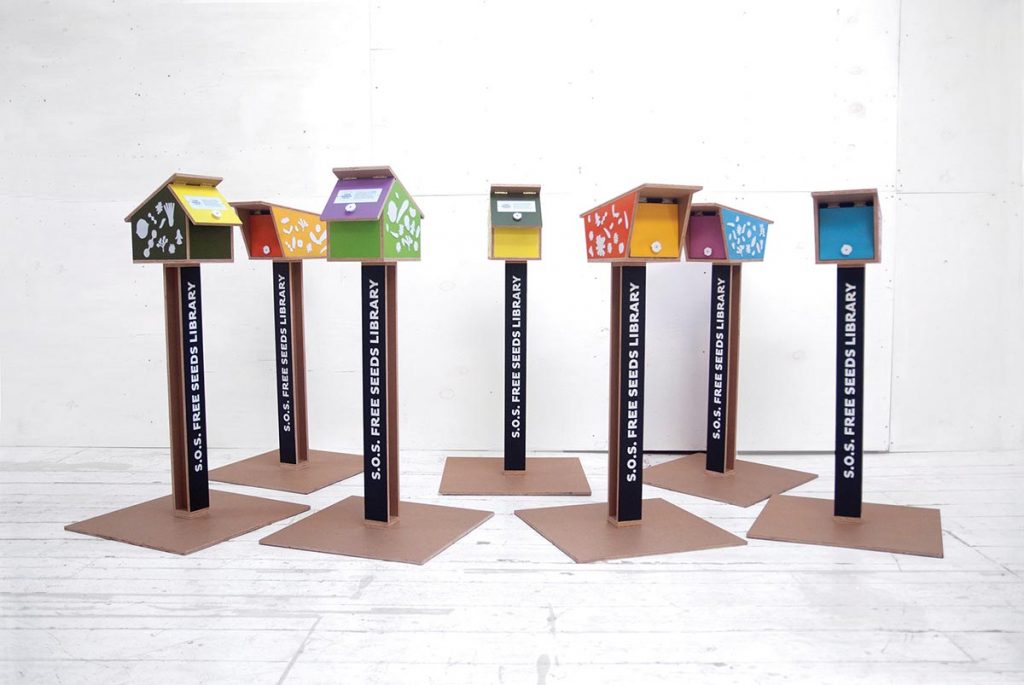
Seed Libraries
What Is It?
A seed library “loans” seeds to members for planting in their gardens. Typically the way the seeds are “returned” is for members to save seeds from the plants they grow and give back a portion to the library at the end of the growing season. Many seed libraries are open in public libraries and community centers.
What Does it Do?
“A seed is an ark of intelligence and contains all the information and resources it needs to flourish” (MOLD Magazine)
Seed libraries serve a variety of important purposes. For some libraries, getting community members to garden and grow food is the focus. Another common goal is to develop a network of seed savers who can collectively nurture locally adapted varieties. Seeds that are cultivated in a certain region for a number of years adapt to that region’s soil and climate conditions. Another goal is to preserve genetic diversity in seeds that may otherwise be lost due to GMO monocultures.
How Can It Be Accessed?
First check if there is a seed library in your area. If there is, great! That is where you need to go. You can participate by using the seeds on loan and doing your part to save and give back seeds at the end of the season. One resource for checking is The Seeds of Time website , which has a good list of seed libraries, seed exchanges and seed companies. Ask your local public library for information – many partner with regional seed libraries.
If your area does not have a seed library, they are relatively easy to start and maintain, even informally. Next Epoch Seed Library has some great resources, for example. We also feel it is very important to research on which ancestral grounds you are planting seeds. If possible reach out the indigenous community of that people. It is possible they have traditional seeds they may be willing to share. Even if not, research their practices, plants used, history and current culture and beliefs. It will greatly enrich your understanding of the land you are working with. Note: that because of past displacement, the indigenous community relevant to you, may now be located far away. In the case of Toolshed, we are working on Mohican ancestral lands. The current federally recognized territory of the Mohicans is in Wisconsin, more than 1,000 miles away.
A core belief of Toolshed is that art can reveal and help us see in new ways. Check out these artist-created seed library projects: Tattfoo Tan’s S.O.S. Free Seed Library; artist commissioned seed libraries with Mold magazine.